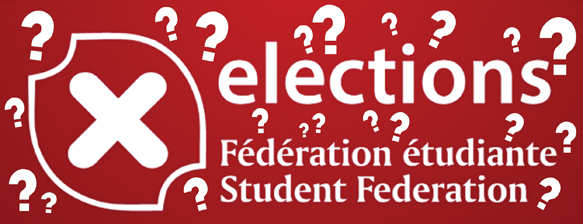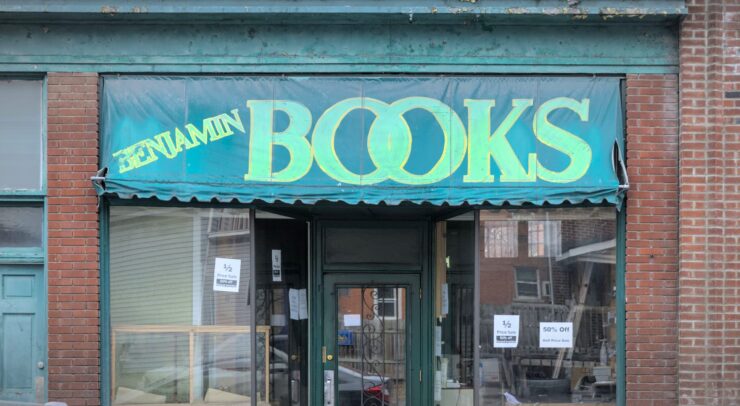Serious lack of communication surrounding SFUO elections
If you’ve been a student at the University of Ottawa for more than a year, you probably know that student government elections are coming up soon. What you may not realize is that the deadline to nominate or even run as a candidate, whether that be for the executive, Senate, or Board of Administration (BOA), has already come and gone.
That’s right. If you as a student had an idea to improve the way this campus is run or wanted to continue the work that’s being done, you’ve officially missed your chance. The nomination period began Jan. 12 on the first day of classes and closed on Friday, Jan. 16.
Election promotion this year has been pretty pitiful, consisting of passing mentions in two mass newsletters sent out by members of the Student Federation of the University of Ottawa (SFUO) on Dec. 11 and Jan. 8.
In these two emails, the upcoming election news was buried under a long list of announcements that discussed topics such as health insurance, the U-Pass for 2015, Black History Month, Green Week, tax clinics, the Winter Challenge, and the “best idea” contest.
If the SFUO had been giving away a free all-inclusive trip to Cuba, most students still wouldn’t have taken note of it in such a crowded email.
Other than that, efforts to involve the U of O campus in the elections, or to inform students that they are even happening, consisted of a single notice posted on the SFUO website, again amongst a mass of other upcoming events.
You don’t need to take an intro political science course to know that democratic legitimacy requires fair and open elections to exist, or that the federation elections as run on this campus don’t usually meet these basic standards.
The 20-year-old that reads every email they receive is a rare breed in the year 2015. Posters, class presentations, repetitive emails, and, most importantly, promotion through existing student networks are essential to getting the word out on campus. And while it’s a shame that these networks aren’t leveraged to promote regular student programming, it is a true blight on our campus that they aren’t used to maintain the basic integrity of our government.
This doesn’t mean we should blindly or unsympathetically point fingers at any one member of the election committee or the BOA which oversees it. Organizing something as large as an election takes work, and coordinating with committees populated with busy full-time students is difficult. But elections are important and should be held to higher standards,and it’s reasonable to think that this recent slip-up will probably have serious negative consequences for the year ahead.
It’s been a rough year for U of O student politics. From the $10,000 fireworks scandal to controversial instances of racism and rape culture on campus, there have been serious questions raised on the subject of what constitutes a well-governed student body. In a year as divisive as this, student elections should present a chance to bring forth new ideas, have meaningful debate, and ultimately improve our university experience. Instead, it seems we are headed for record lows in terms of candidates and voters, coupled with record high student apathy and toxic political discourse.
That’s not the campus community we should aspire to, and not the one that will make the U of O better going forward.
Julia Riddle is the president of the Economics Students Association.
Chelsea McManus is the president of the Conflict Studies and Human Rights Students’ Association.




